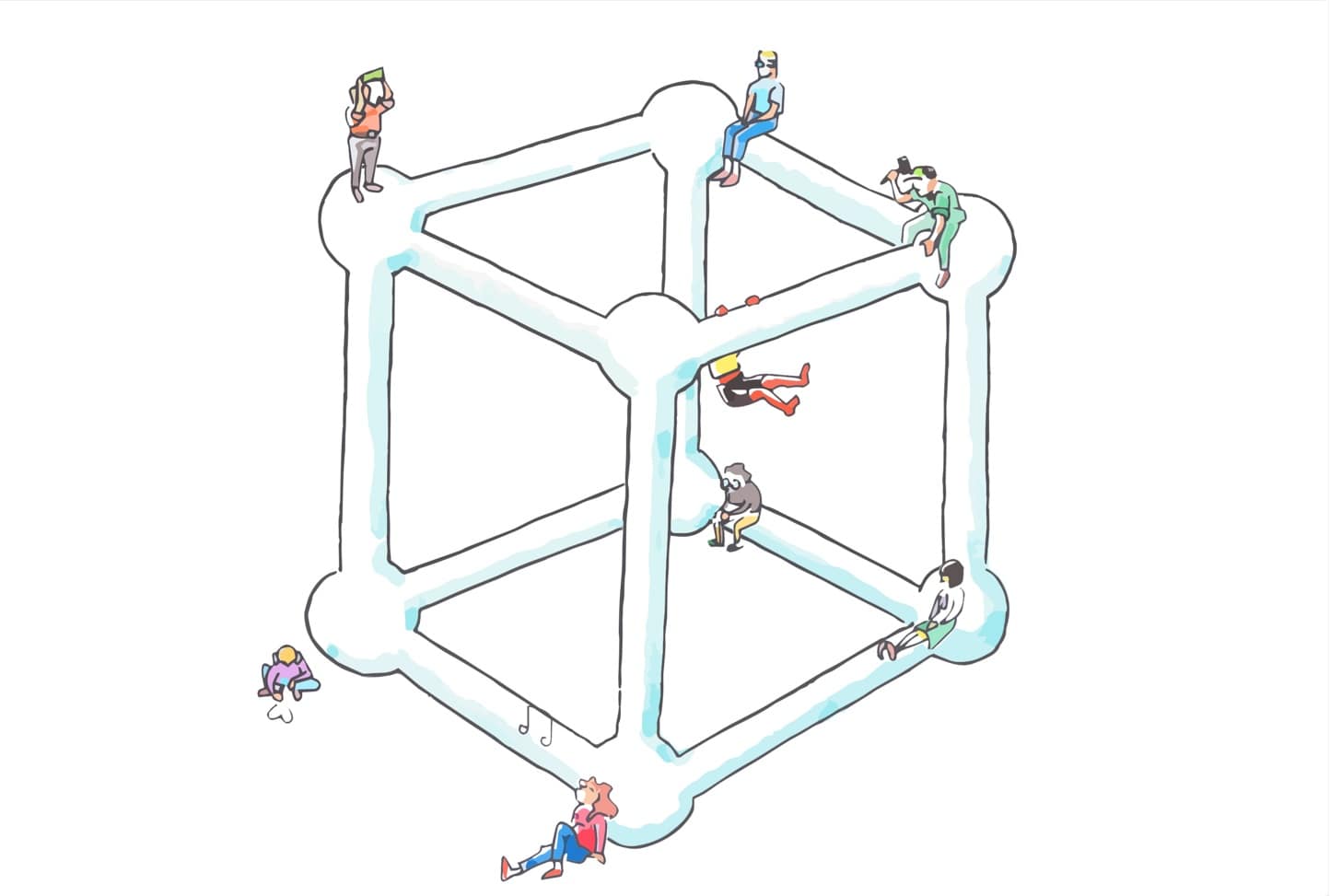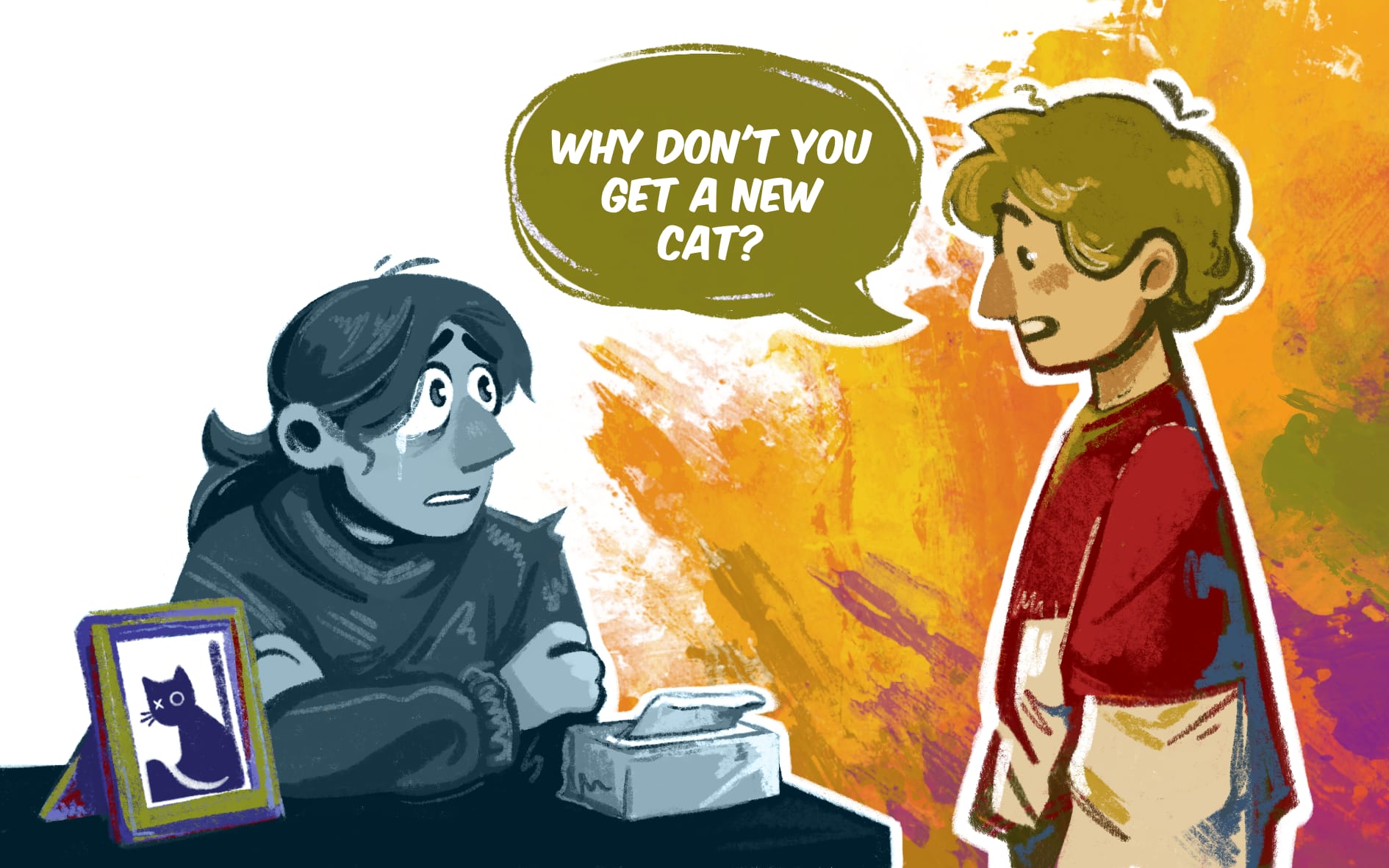Recently on Mindwise
"Een wereld vol denkers": A book by Sebastiaan Mathôt
Marie-Christine van de Glind interviewed Sebastiaan Mathôt about his recent book, the writing process, and how all of the thinkers who feature in his book are (dis)similar from one another.
Read More ›Will the kids be alright? Deteriorating mental health, attempted solutions, and misconceptions
The mental health of children and adolescents has increasingly garnered attention in popular culture. Titles such as Johnathan Haidt’s book […]
Read More ›Excavating the Heymans Cube - How early personality science can speak to the present.
Early theories aren’t relics - they’re resources that can still be relevant today. In this post, Rinske Vermeij describes her search for original copies of the near-forgotten Heymans Cube, a century-old personality model. What she found was a remarkably clear, comprehensive view of human personality - ideas that deserved to be made accessible for modern audiences. This post is a reminder that the old theories buried under the new can still be of value, worth excavating.
Read More ›On brain transformation during perimenopause
Many women unexpectedly find themselves in perimenopause from around the age of 35 years. For some women this elicits a mental rollercoaster which is caused by the brain rahabbing from sex hormones. Read this blog to learn about the brain symptoms of "the queenager brain" and the impact of this brain transition in women.
Read More ›PhD life: Notes from the other side
Hard work pays off! Or... does it? Is hard work the only route towards success? Could routines hold the key to goal attainment and relaxation at the same time? Tina Armasu reflects on these issues, based on her research as well as her experiences as a PhD student.
Read More ›The double empathy problem gives autistic people a voice
Autistic people are often labelled as "mind-blind" of incapable of empathy, however this assumption centres the perspectives of neurotypical people. In this blog post Psychology student Jadwiga Michlewicz explains that this is a one-sided view of autism. She discovered that according to the double empathy problem, communication problems between different neurotypes result from mutual misunderstanding and are a shared responsibility for those with and without autism.
Read More ›Student Articles
Will the kids be alright? Deteriorating mental health, attempted solutions, and misconceptions
The mental health of children and adolescents has increasingly garnered attention in popular culture. Titles such as Johnathan Haidt’s book […]
Read More ›The double empathy problem gives autistic people a voice
Autistic people are often labelled as "mind-blind" of incapable of empathy, however this assumption centres the perspectives of neurotypical people. In this blog post Psychology student Jadwiga Michlewicz explains that this is a one-sided view of autism. She discovered that according to the double empathy problem, communication problems between different neurotypes result from mutual misunderstanding and are a shared responsibility for those with and without autism.
Read More ›Holidaying on Thin Ice: The Role of Polar Tour Guides in Last Chance Tourism
In 2017, I travelled to the Great Barrier Reef, or rather, I happened to be in the area and felt […]
Read More ›Chilling with Andrew Huberman and Friends: Are Cold Showers the Real Deal?
The blogpost explores the allure and controversy around the topic of biohacking, focusing on the promotion of cold showers for health and success. Despite numerous claims from popular figures, scientific evidence remains inconclusive.
Read More ›








